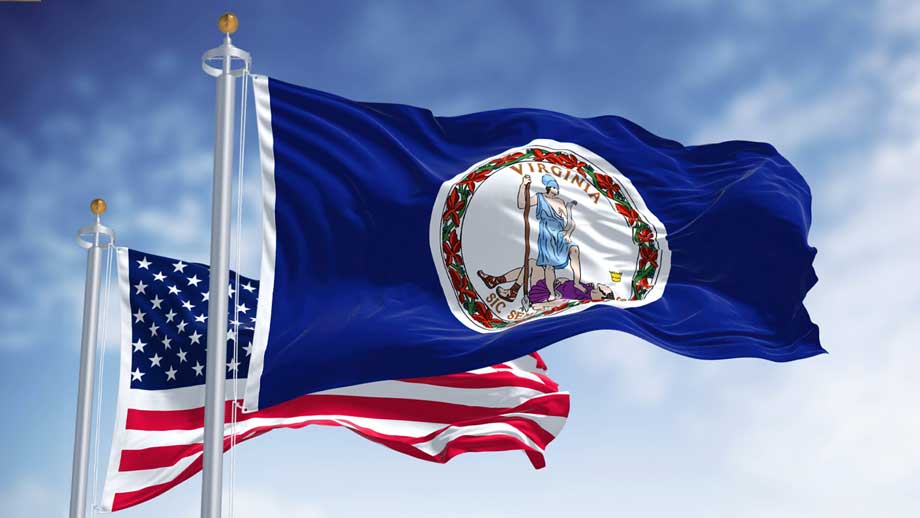Remote Private School vs Homeschool Program
Q. How do I determine whether the resource I will be using to educate my child is a remote private school or a homeschool program?
State law defines a private school. What might be considered a private school in one state may not be considered such in another state. Additionally, public school personnel may understand and implement the law differently. As a result, what may be considered a private school in one district may not be considered one in another district. This discrepancy creates quite a bit of confusion for public school personnel and parents alike.
HEAV provides the following as a guide to assist public school district personnel, and parents in determining whether an educational option is considered a remote private school in Virginia or a homeschool program.
A Remote Private School:
- The school keeps a record of the names, addresses, etc., of its enrolled students.
- The school keeps payment records.
- The school requires days and hours: “Virginia’s compulsory attendance laws require children to attend school—public, private, denomination or parochial—during the period of each year the public schools are in session and for the same number of days and hours per day as the public schools. The length of the school term for public schools is at least 180 days or 990 teaching hours.” See Va. Code §§22.1-254, 22.1-98.
- The school provides the full curriculum.
- The school establishes lesson plans.
- The school maintains records of the student’s achievement.
- The school requires the student to reach specific benchmarks (grades) to progress to the next grade level in their program.
- The school provides grade reports to the parent.
- The school includes course information and grades in the high school transcript developed by the academy.
- The school issues a diploma signed by the private school administration instead of the parent signing the diploma in the case of homeschooling.
Accreditation is not required to operate as a public or private school in Virginia.
The law does not require parents of students taught through a private school or Virginia-certified tutor or teacher to report to their local public school superintendent.
A Homeschool Program:
- The company/service is not promoted as a private school.
- The company/service allows parents to pick and choose courses.
- The company/service allows the parent flexibility to progress at their own pace and to attend at their discretion.
- The parent gives and maintains grades.
- The parent creates a high school transcript.
- The parent signs the homeschool diploma as opposed to a private school issuing a diploma when their program is completed.
Note: A parent choosing a homeschool program must comply with the requirements of the homeschool statue by filing a Notice of Intent form.
Parents unsure whether they are using a private school or a homeschool program may choose to consult an attorney. Alternatively, parents may opt to work with their superintendent* on the question or ensure compulsory attendance compliance through the home instruction statute.
*Parents who disagree with a superintendent’s decision may wish to consult an attorney. The home instruction law also indicates: “Any party aggrieved by a decision of the division superintendent may appeal his decision within 30 days to an independent hearing officer.” Superintendents should consult with the division’s attorney to ensure they implement state law correctly.








